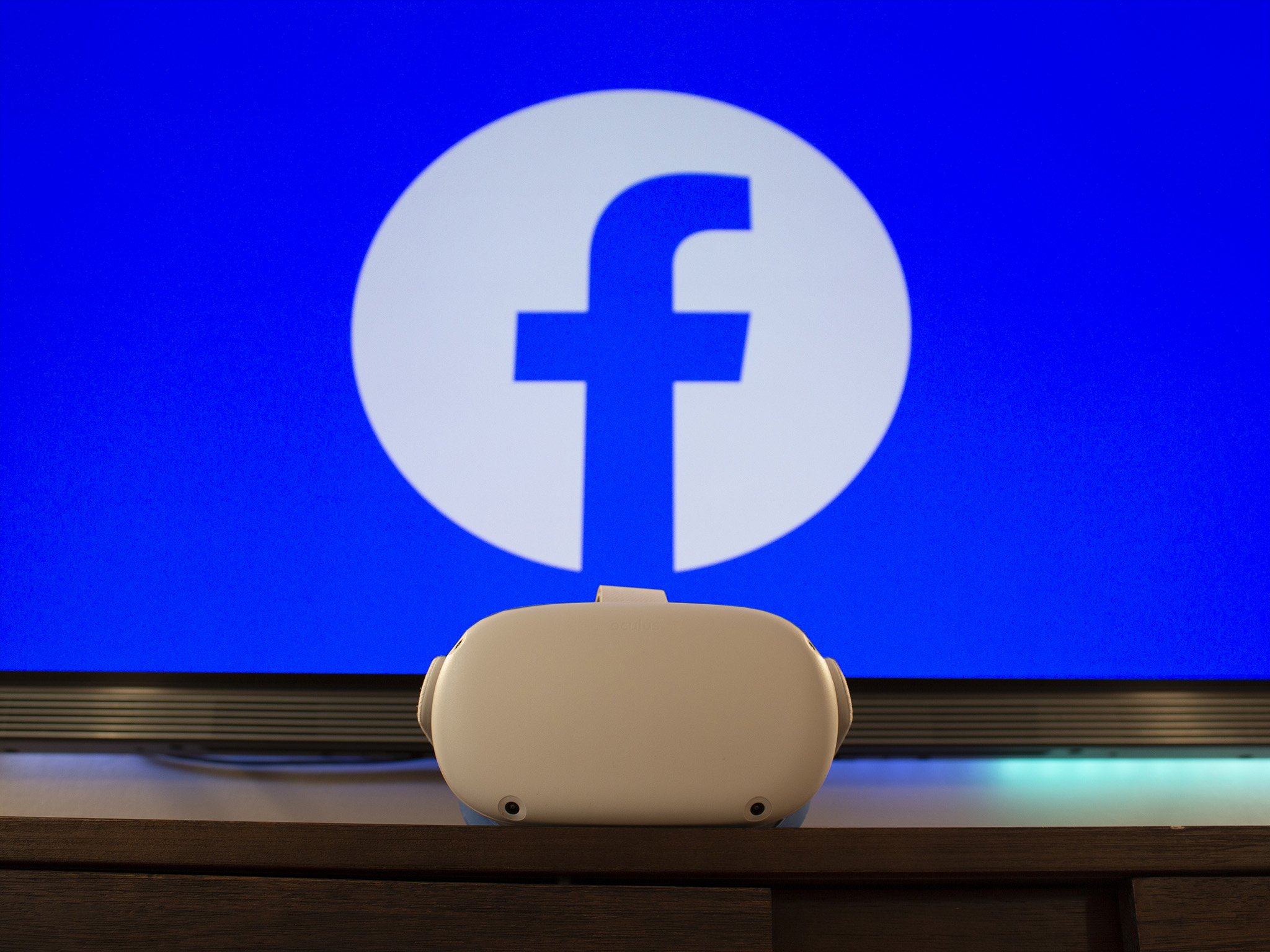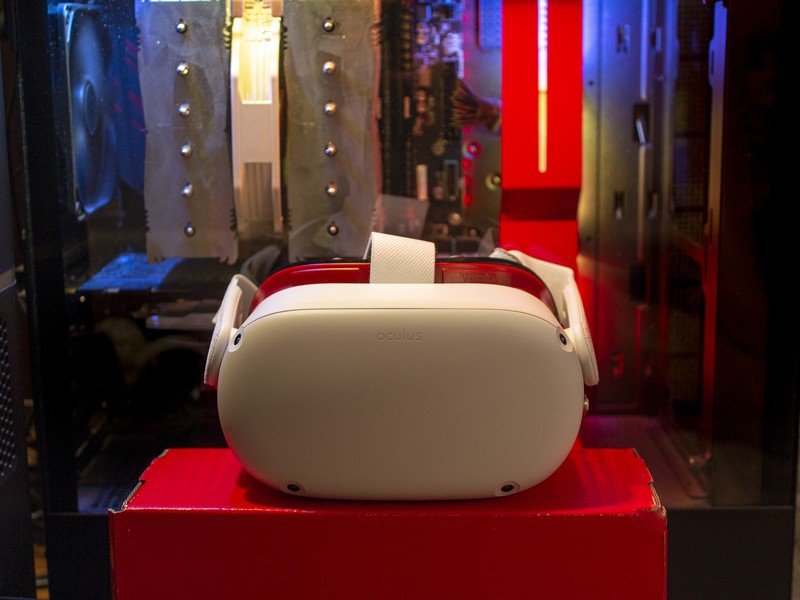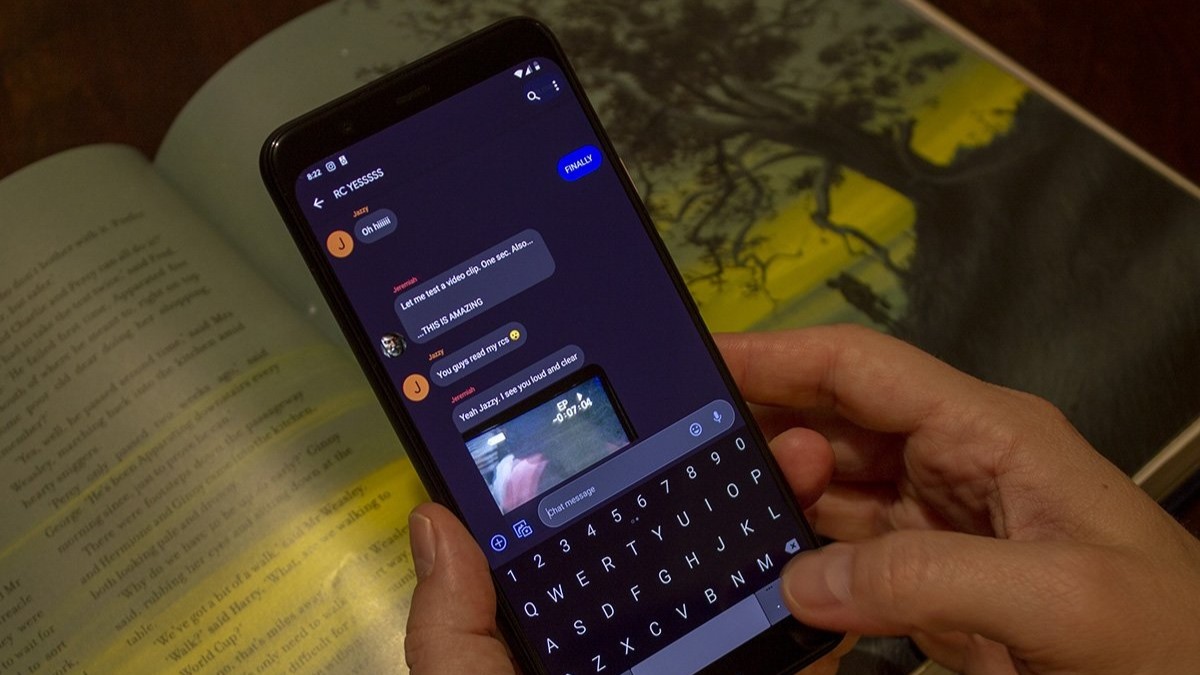Carmack talks the future of Quest 2, new headsets, Quest 1 support and more

What you need to know
- Facebook plans to support Quest 2 "for a long time" according to Carmack and isn't finished adding features just yet.
- Future Quest headsets are likely to focus on iterating and optimizing the experience rather than revolutionizing it again, but won't happen in 2021.
- The Quest 1 was confirmed to have sold more than expected and still has over 1 million active users.
- One of the more surprising revelations was that the passthrough footage from the Quest's cameras will be made available to developers very soon.
CTO of Oculus John Carmack virtually sat down with Andrew Bosworth (Boz), VP of Facebook Reality Labs on Twitter Spaces on April 16 to answer a few questions taken on Twitter earlier in the day. As is usually the case with these sessions, plenty of questions went unanswered in an effort to keep the chat from running too long. There were quite a few interesting tidbits to glean from the conversation, though, which mostly revolved around the future of the Quest platform and the Oculus Quest 2 itself. According to Carmack, Facebook plans to support the Quest 2 "for a long time" with updates and new features, and an Oculus Quest 3 won't be happening in 2021.
When specifically asked about the capabilities of the Quest 2 and whether Facebook has reached the limit of what can be done with the headset, he added that the team is "close to thermal limits" of the headset but there was still plenty of room to work. He playfully added that "slop" coding can be optimized in order to help improve the performance of current features — something that won't come as a surprise to many who have complained about janky Oculus Home performance after the past few updates — and that the team could use tricks like dynamic refresh rates and dynamic resource usage to also help alleviate hiccups.
Plenty of Quest 2 updates are in the works, as the team hasn't reached the "thermal limits" of the headset just yet.
Carmack talked about how the paradigm of a console normally means that developers take 4-5 years to get the most out of any system, which seems to allude to the Quest 2 being around longer than the Quest 1's 18-month shelf life. The Resident Evil 4 VR remake raised a few eyebrows because it's the first Quest 2-exclusive game, prompting several developers to ask about the possibility of excluding Quest 1 in the future. Boz's response was that developers shouldn't write off Quest 1 just yet because it still gives them access to "7 figures of additional users", meaning Quest 1 sold better than expected and still have over one million active users — otherwise folks wouldn't be buying games to play on it.
Carmack teased a surprise announcement regarding the pass-through cameras on the Quest and Quest 2, saying that this feed would soon be available for developers to use. That comes as a surprise because Facebook had previously said the footage from these cameras would not be made available, but the change in course seems to highlight the company's growing focus on AR as well as VR, alluding to the likelihood that we'll see more AR experiences on Quest in the future. There's no telling what sorts of best Oculus Quest 2 accessories could come from that kind of future.

Quest 3 isn't happening in 2021, as Facebook is comitted to Quest 2 "for a long time".
Future Quest 2 enhancements could focus on audio latency, which Carmack stressed he wants to see significantly lower, as well as improved comfort options that are system-wide instead of being implemented by each game individually. Carmack says there's a lot of depth information that can be leveraged to not only make a smarter vignetting feature — the name for the optional blacked-out area around a player's cone of vision to help cut down on motion sickness — a feature that would see only the parts of the image that could cause motion sickness blacked out rather than the entire image, as is currently done. A system-wide setting would fit in with what Sony and Microsoft have done on the PS5 and Xbox Series X|S, as setting a default would apply to all games to deliver a consistent experience.
Looking to the future, which Carmack noted was a ways off still, Quest 3 and Quest Pro were up for discussion but the trajectory that Facebook might take with these headsets isn't completely clear yet. Carmack hinted that a future headset could be called Quest Pro and would feature "all kinds of crazy sensors" and other tech that wouldn't fit into the paradigm of the mainline Quest headsets. As such, we expect Quest 3 to debut as a more refined version of Quest 2 rather than a revolutionary new product. There were also talks of future headsets possibly offering just hand, keyboard, and mouse tracking, which fits right in with what Facebook added in the April Quest 2 v28 update and would likely be a better overall experience than what Oculus Go offered back when it was around.
Be an expert in 5 minutes
Get the latest news from Android Central, your trusted companion in the world of Android

